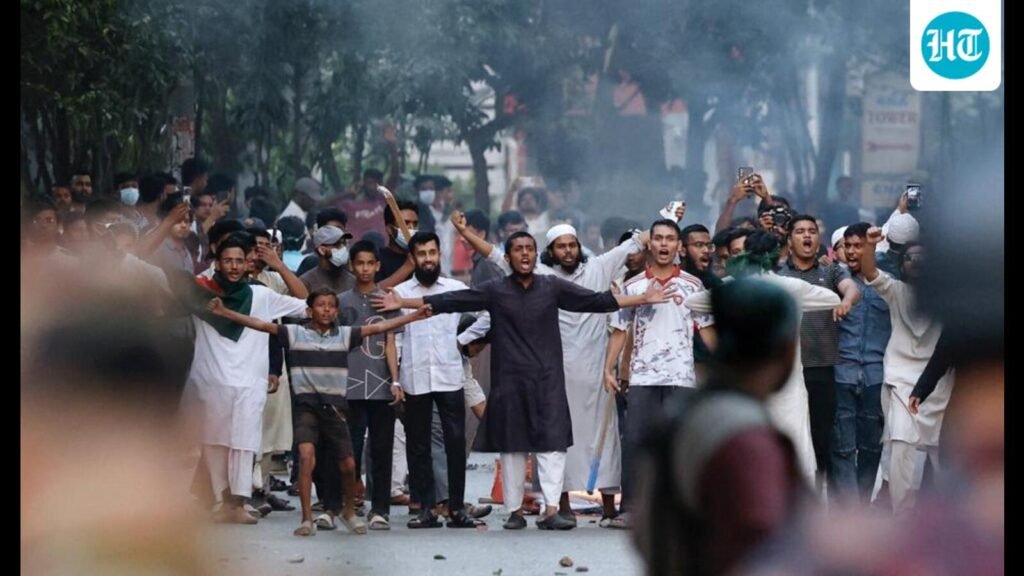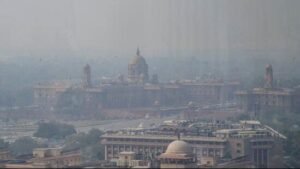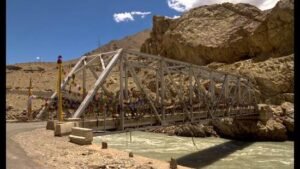
Such is the impudence of Sheikh Hasina’s death sentence that it puts irony to shame. It does not require a legal genius to comprehend that the trial of an autocrat with a well-documented portfolio of violations would have led to a guilty verdict. But judicial independence, procedural integrity, and stronger defense counsel could have delivered lasting justice. It may even have opened pathways for political reconciliation instead of privileging public catharsis. But Hasina was tried in the International Crimes Tribunal (ICT) that she herself created and compromised; the chief prosecutor is a political figure who once defended Jamaat-e-Islami (JI) leaders unfairly sent to the gallows by the same sham court.

Even if one accounts for chief advisor Muhammad Yunus’ inheritance of a diminished administration and struggling economy and discounts his promise of reforms as circumstantial political rhetoric, this moment offers a pause. If there was one thing the interim government had a resounding mandate drawn in blood for, it was to hold Hasina to account. It floundered. Why? To be sure, there is understandable anger against Hasina and India’s decision to host her is a veritable thorn in the bilateral. But the noise around Hasina’s exile distracts from how acute Bangladesh’s crisis is on its own merit — a crisis the next government will inherit.
It is a three-body problem. The first is a lag between economic recovery and accumulating political capital. Though the current GDP growth rate stands at 3.7% down from 4.2% in 2024, the economic situation is far from the freefall during Hasina’s final years. The interim government also breathed life into a faltering banking sector and restructured the tax regime to incentivize remittance inflows. Garment exports are resilient despite US tariffs and fluctuating global demand, and forex reserves climbed to $32.3 billion in October 2025 up from $20.4 billion in July 2024. This is no small feat. But to convert economic success into political gain requires time, which Yunus does not have.
The chief advisor’s initial assumption that he governs for “at least four years” to implement reforms was a miscalculation. It was the first of several missteps that eroded the interim government’s credibility among domestic stakeholders including the Bangladesh Nationalist Party (BNP), the JI, the student-led National Citizen Party (NCP), and the army. It triggered a scramble. If the BNP reacted by piling pressure to expedite elections, the JI and NCP built counter-pressures to buy more time. Such conflicting agendas coupled with the demand to try army officers in ICT ended up fracturing the very understanding on which the interim government stands, between Yunus and the army chief.
By the time a compressed and clear electoral timeline was agreed upon and announced, the second lag kicked in. This is between political agendas and institutional capabilities. To be sure, Dhaka can hold an election. The mechanics of that process are not in doubt. But can a police force that is still smarting from last year’s drubbing, a judiciary that remains compromised, and an army stretched to the limit by magistrate duties meant to maintain law-and-order deliver a credible election? Then there is the day after. In fairness, these are not insurmountable odds given what Bangladesh has experienced before. But the risk of violence is high, and if it occurs, the army will again be pulled back to the forefront. This time round the generals could be less reluctant to exercise their writ.
The risk of losing whatever little was gained after Hasina’s ouster brings the third lag into sharp relief. This is between the idea of free and fair elections, and what that truly means. No one can argue against the legitimate demand to hold the Awami League (AL), especially Hasina, accountable. But to altogether ban a political party from contesting elections that are supposed to usher in a new democratic dawn is akin to meeting out collective punishment on all its cadre. This includes those figures on the ground who want to, but are fearful of distancing themselves from Hasina. It also goes against the grain of political common sense i.e., offering adversaries an honorable way out helps maintain long-term equilibrium. The call for inclusivity in the upcoming elections stems from that logic.
Further raising the stakes, Yunus has conjoined a referendum on the July National Charter, which offers a roadmap to structural reforms, with the elections. From introducing prime ministerial term limits to scrapping the first-past-the-post system in favor of proportional representation, the charter seeks to rewrite the rules of Bangladeshi politics. If it gets a majority vote, the proposed reforms will become legally binding for the elected government to implement. Signed by the BNP, the JI, and other smaller parties, the charter has failed to convince the NCP. But for the AL, it is a double death sentence.
Even if the elections and referendum are held, the cumulative weight of this three-body problem will remain. Regardless of who comes to power in February — ie, an elected political party or an unelected army chief — they will have to contend with a divided and fatigued Bangladesh. This time round, there will neither be an India to pin the blame on, nor western countries seeking and supporting deepening of democracy. The interim government will cease to exist. But Yunus’ claim that “we have entered into a civilized society from barbarism”, will continue to haunt.
Avinash Paliwal teaches at SOAS University of London and is the author of India’s Near East: A New History (London: Hurst, 2024). The views expressed are personal




